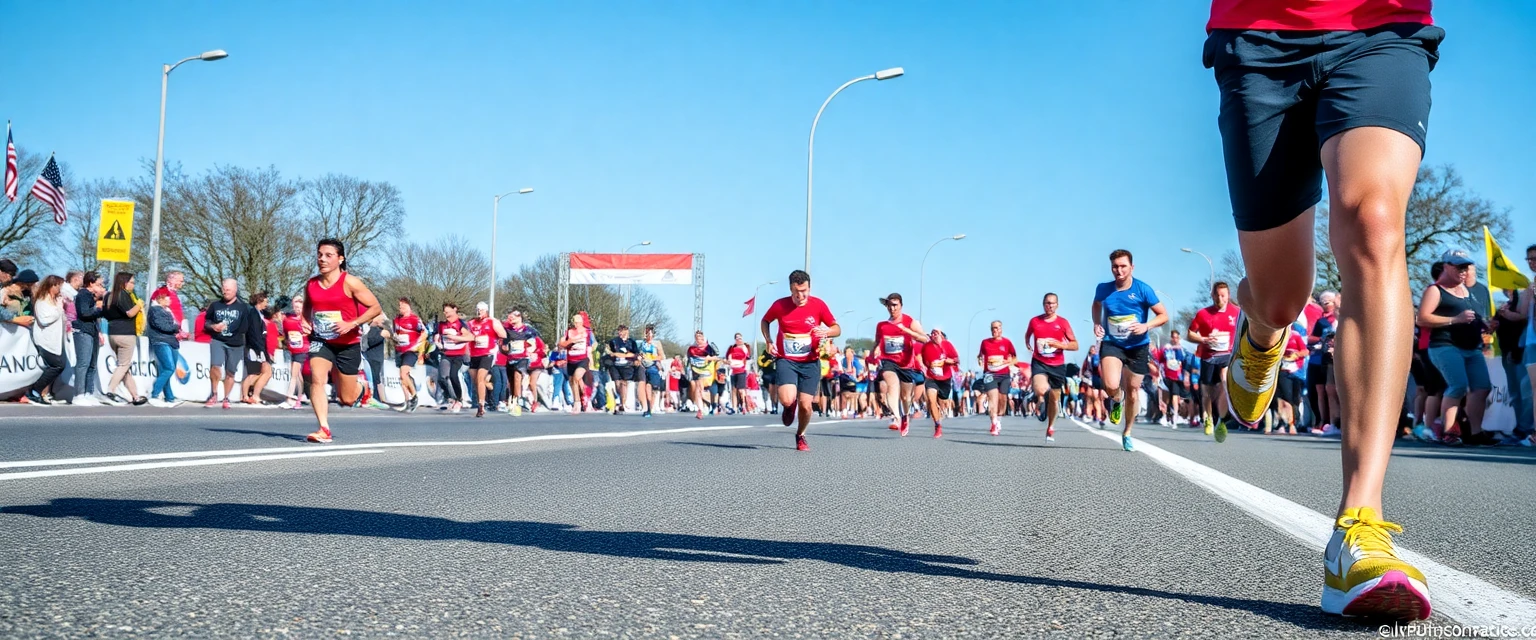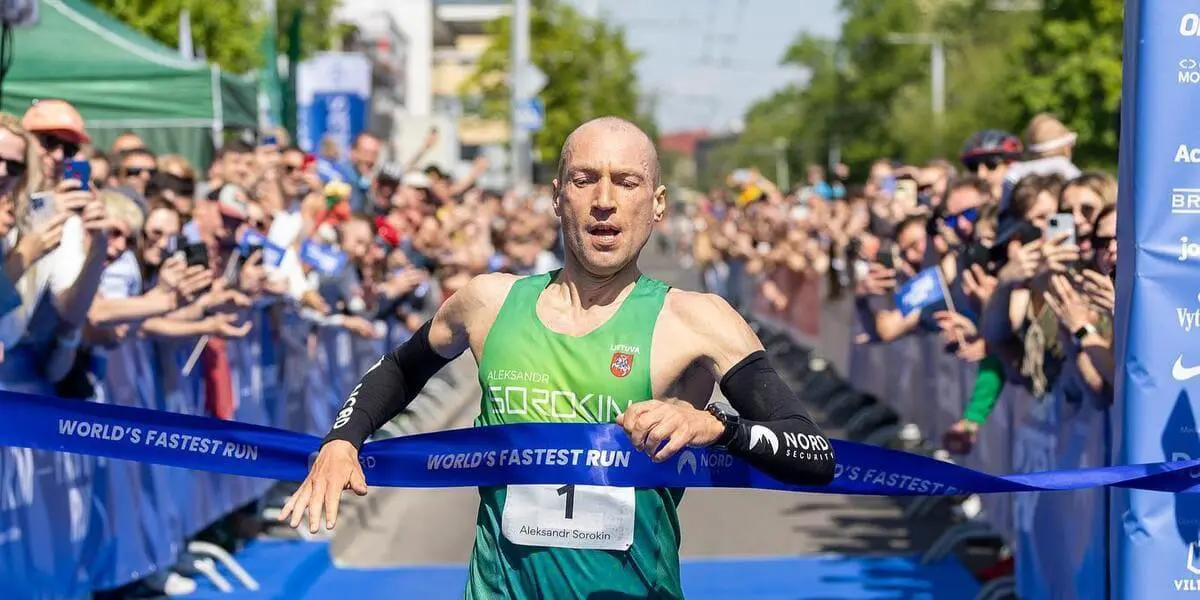Have you ever wondered just how far human endurance can stretch beyond the standard marathon? Welcome to the world of the ultra marathon distance—a test of not only physical stamina but also mental resilience.
An ultra marathon is any race longer than the traditional marathon distance of 42.195 kilometres (26.2 miles). These races can span 50K, 100K, 50 mile, 100 mile, or even longer, reaching into the daunting realm of 200 miles. This article explores every facet of ultra running, from common distances to record-breaking achievements, training plans, nutrition, recovery strategies, and iconic global events. Whether you’re a seasoned marathon runner or a curious newcomer to the ultra running world, this comprehensive guide will help you understand what it takes to go the (ultra) distance.
What Is an Ultra Marathon Distance?
The ultramarathon distance refers to any race that exceeds the standard marathon distance of 26.2 miles (42.195 km). While technically a 50K (31 miles) is the shortest form of an ultra, these events can go all the way up to 200 miles, or even longer in multi-day endurance runs.
To put it simply, if you’re running longer than a marathon, you’re in ultra marathon territory. These events challenge even the most experienced runner and require strategic planning, serious commitment, and above all, passion for pushing boundaries.
If you’re still building toward that milestone, starting with a traditional road marathon like the EDP Lisbon Marathon is a strong first step.
Ultramarathons come in various distances, each testing a different level of physical and mental toughness. The most common ultramarathon distances include:
- 50K Ultra (31 miles): Just a step beyond a marathon, ideal for first-time ultra runners.
- 50 Mile Ultra Marathon: Significantly more demanding, often taking 8-14 hours depending on terrain.
- 100K Ultra Marathon (62 miles): A true test of endurance, often spanning day to night.
- 100 Mile Ultramarathon: Iconic races like the Western States Endurance Run fall in this category.
- 200 Miles or multi-day races: Rare and extreme, for the most hardened ultra runner.
These common distances may vary based on the type of trail race, terrain, elevation gain, and climate. Some events, like the Salomon Trail Running Series, offer a variety of lengths to cater to all levels of ultra marathoner.
How Do Ultramarathons Differ From Standard Marathons?
While a standard marathon typically takes place on paved roads and lasts a few hours, ultramarathons often stretch across rugged trails, mountain paths, deserts, and sometimes even snow-covered landscapes. Here’s how they differ:
- Distance: A marathon is always 26.2 miles. Anything longer is considered an ultramarathon.
- Terrain: Most ultramarathon races are trail running events with unpredictable terrain and significant elevation changes.
- Time Commitment: Some ultra events can last over 24 hours, requiring night-time navigation and sleep deprivation strategies.
- Mental Resilience: The longer than the traditional marathon format demands unique psychological strength. The sheer endurance required surpasses most sports.
Unlike a road marathon, the ultra trail experience is often less about speed and more about persistence and strategy.
How Do You Train for an Ultramarathon?
Training for an ultramarathon isn’t just about adding more miles—it’s about adapting your body and mind to the grueling demands of an ultra distance.
Start with a solid base of consistent weekly mileage and at least one completed full marathon. A structured training plan should include:
- Back-to-back long runs to simulate fatigue.
- Elevation gain training if you’re preparing for a trail ultramarathon.
- Recovery-focused training runs.
- Cross-training like swimming or cycling for overall endurance.
Many ultra runners also work with a professional running coach to develop personalized training suited to their race goals.
What Should Be in an Ultramarathon Training Plan?
A solid ultramarathon training plan should last 16 to 24 weeks, depending on your starting point and race distance. Components include:
- Weekly Mileage Building: Increase mileage gradually (no more than 10% per week).
- Back-to-Back Long Runs: Mimic race fatigue and train recovery-on-the-run.
- Race Simulation: Train on similar elevation and terrain.
- Nutrition Practice: Test race-day fueling during long runs.
- Taper Phase: Reduce training volume two weeks before race day.
Whether you’re preparing for your first ultra marathon or planning to run 100 miles, your training plan is the roadmap to the finish line.
How Does Elevation Affect Ultra Running?
Elevation gain is one of the most underestimated challenges in ultra running. Steep ascents and descents can dramatically slow pace and increase muscle fatigue.
- Training for Elevation: Incorporate hill repeats and mountain long runs into your routine.
- Gear Adjustments: Use trekking poles for stability in mountain races.
- Pacing Strategy: Expect to walk steep climbs and recover on descents.
While city-based events like the EDP Lisbon Half Marathon may not feature elevation, they are still excellent for base-building and leg conditioning.
Which Are the Toughest Ultramarathon Races in the World?
If you’re looking for the most extreme ultramarathon races, here are a few legends:
- Badwater Ultramarathon: A 135-mile race across Death Valley, known as “the world’s toughest footrace.” It’s so brutal, only elite ultra runners are accepted.
- Marathon des Sables: 250K across the Sahara Desert. Each runner must carry their gear, facing intense heat and sandstorms.
- Tarawera Ultramarathon (New Zealand): Part of the ultra trail running circuit, known for its stunning landscapes and changing terrain.
- Cradle Mountain Run (Australia): A technical, high-altitude trail race, celebrated by the Australian Ultra Runners Association.
- Mount Baker Ultramarathon: A race with historical roots, combining wilderness navigation with physical limits.
These races are not just events—they are adventures where endurance, mindset, and preparation are pushed to the edge.
What Nutrition Strategies Work for Ultramarathon Runners?
Proper fueling is essential to finish an ultramarathon strong. Here’s what experienced ultramarathon runners rely on:
- Eat Early, Eat Often: Begin fueling in the first hour and continue every 30-45 minutes.
- Diverse Calories: Gels, bars, fruit, salty snacks, and even small sandwiches can help prevent palate fatigue.
- Hydration & Electrolytes: Stay ahead of thirst, and replace lost sodium and potassium.
- Practice During Training Runs: Every stomach reacts differently—test your nutrition strategy before race day.
The ultra running community shares countless stories of what works and what doesn’t, from the Canadian Running Magazine to seasoned 2-time Badwater Ultramarathon finishers.
What Are the Best Recovery Tips After an Ultramarathon Race?
Your recovery after a ultramarathon race is just as important as the training plan. Here’s how to bounce back:
- Active Recovery: Gentle movement like walking or swimming helps with circulation.
- Nutrition: Replenish with a mix of protein and carbs immediately after the race.
- Hydration: Don’t stop drinking after the finish line—rehydration can take days.
- Sleep: Aim for quality rest, especially the week following your ultra race.
- Bodywork: Foam rolling, massage, or physiotherapy can accelerate recovery.
Listening to your body is key—some ultra runners take weeks to feel normal again after tackling a 100-mile event.
What Are the Most Impressive Ultramarathon World Records?
The ultra running world has seen incredible feats, with some records etched in endurance history:
- 100 km Road World Record: Set by Nao Kazami at 6:09:14, averaging 3:41/km pace.
- 100 Mile World Record: Aleksandr Sorokin holds the 100-mile record with a time of 10:51:39.
- 200 Miles Fastest Known Time: Still unofficial in many events but clocked at under 60 hours in certain trail formats.
- Winner of the Comrades Marathon: Known for alternating “up” and “down” years, it’s one of the most prestigious ultramarathon races.
These records are often celebrated by groups like the IAU 100 km World Championships and highlighted in publications like the Canadian Trail Running and Runner’s World.
Discover the City of Lisbon. The perfect start for long distances.
Running an ultramarathon is a profound personal achievement—but every journey begins somewhere. Why not start yours in one of the most iconic running cities in Europe?
Lisbon offers breathtaking coastal routes, vibrant culture, and perfect race conditions: especially during the EDP Lisbon Marathon. Whether it’s your first 10K, half marathon, or full marathon, Maratona Clube de Portugal provides world-class events to fuel your passion.
Explore, train smart, and run free.











